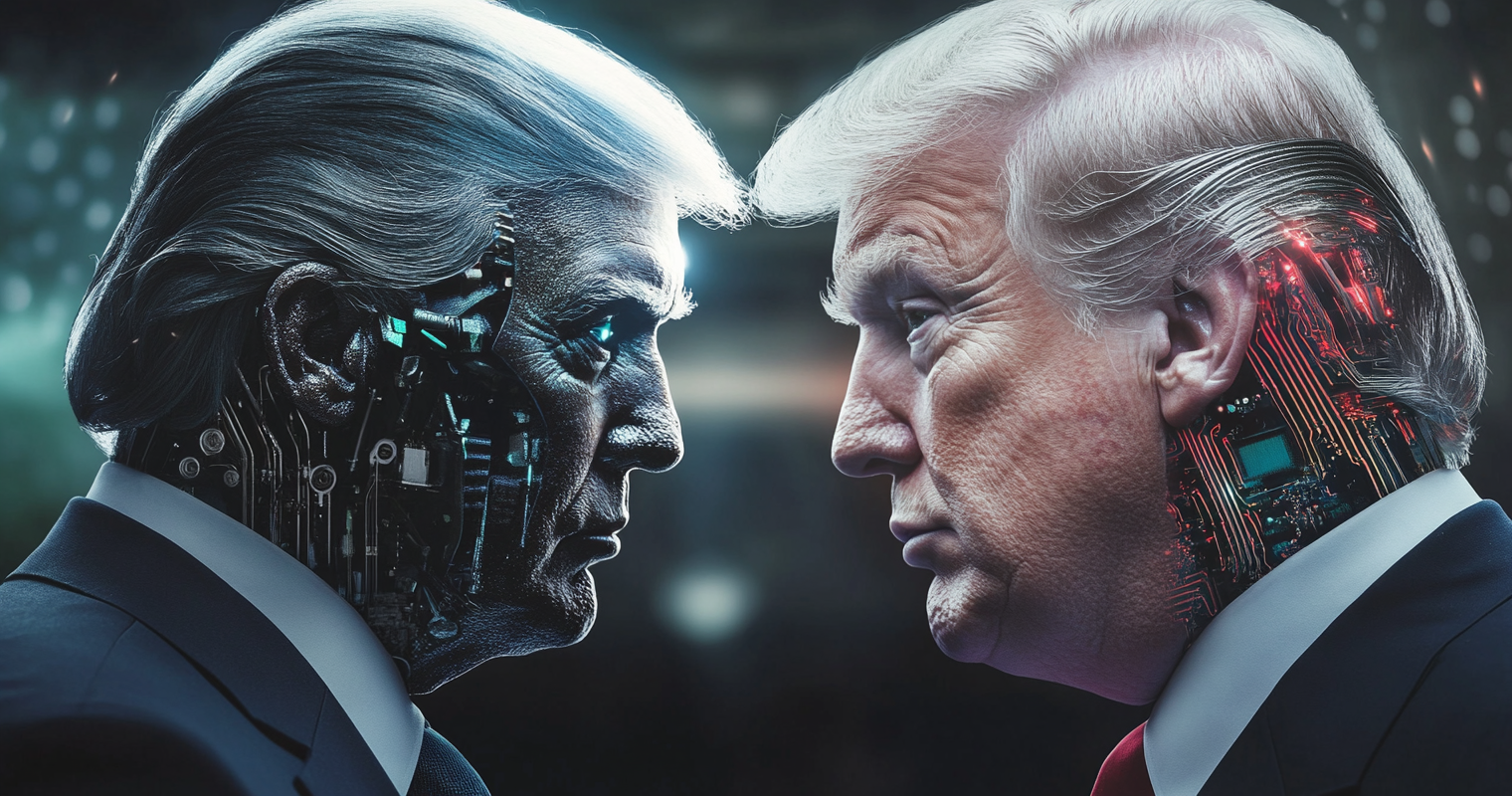Days are numbered for Biden’s executive order
Trump hasn’t given many details about how exactly he’ll rejigger the regulatory approach to AI, but he has promised to repeal President Joe Biden’s executive order on AI, which tasked every executive department and agency with developing common-sense rules to rein in AI while also exploring how they can use the technology to further their work. At a December 2023 campaign rally in Iowa, Trump promised to “cancel” the executive order and “ban the use of AI to censor the speech of American citizens on day one.” (It’s unclear what exactly Trump was referring to, but AI has long been used by social media companies for content moderation.)
The states will be in charge of regulating AI
Megan Shahi, director of technology policy at the Center for American Progress, a liberal think tank, said that a deregulatory approach by the Trump administration will cause a patchwork system that’ll be difficult for AI companies to comply with.
“This can be beneficial for some Americans living in states willing to pass regulation, but harmful for others without it,” she said. “The hope is that states set a national standard that AI companies seek to universally comply with, but that is unlikely to be a reality right away at least.”
While Trump himself is likely to be hands-off, she expects him to “entrust a team of his trusted allies”— such as Tesla and X CEO Elon Musk — “to do much of the agenda setting, decision making, and execution of the tech agenda.”
Will Trump reverse Biden’s chip crackdown?
Matt Mittelsteadt, a research fellow at the libertarian Mercatus Center at George Mason University, said he expects export controls on chips aimed at curbing China’s ability to compete on AI to continue. And while he thinks it’s a harmful idea, he believes a Republican unified government could enact controls on AI software — especially following reports that China used Meta’s open-source Llama models for military purposes.
The biggest change is Trump’s proposed tariffs on China. “For AI, the use of tariffs to either attempt to ‘punish China’ or reshore industry could be an industry killer,” Mittelsteadt said. “AI hardware depends on materials either not found or manufactured in the United States and no amount of trade protection will ‘reshore’ what cannot be reshored. The only possible result here will be financial strain that is bound to tighten the belts of Silicon Valley and yield a resulting decrease in research and development spend.”
This could give China a strategic advantage: “At this critical moment in the ‘AI race’ with China, such restrictions could represent a generational leapfrog opportunity for China’s tech sector.”
In the coming weeks, Trump will announce his Cabinet selections — the earliest indication of how he’ll handle AI and a litany of other crucial policy areas. Personnel is policy, after all. How quickly he can get them confirmed will impact how quickly he can unwind Biden’s orders and chart a new path, especially with a first 100 days agenda that’s likely to be jam-packed. Will AI make the cut or fall by the wayside? Trump hasn’t even been sworn in yet, but the clock is already ticking.
